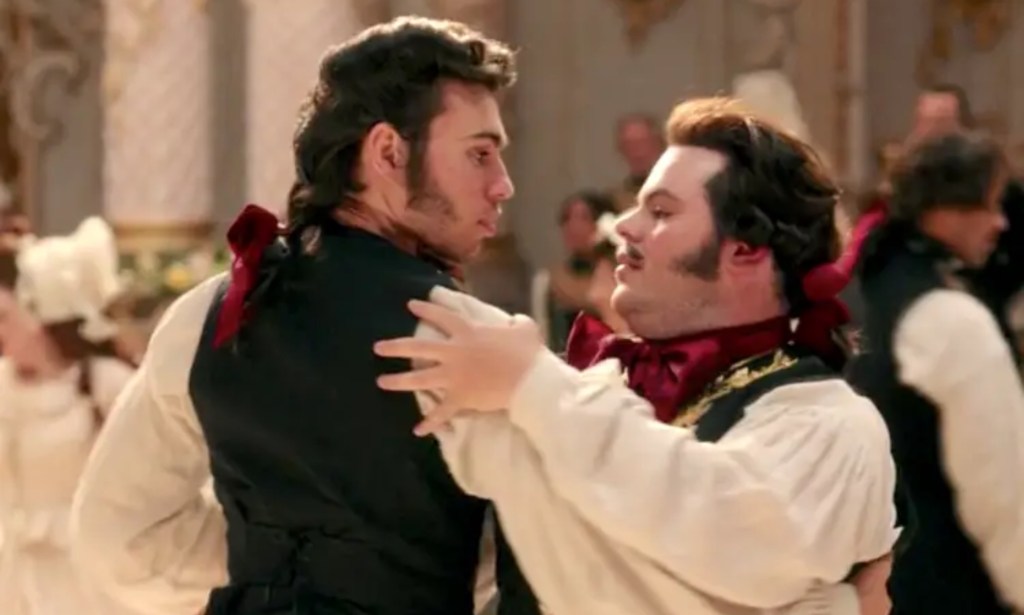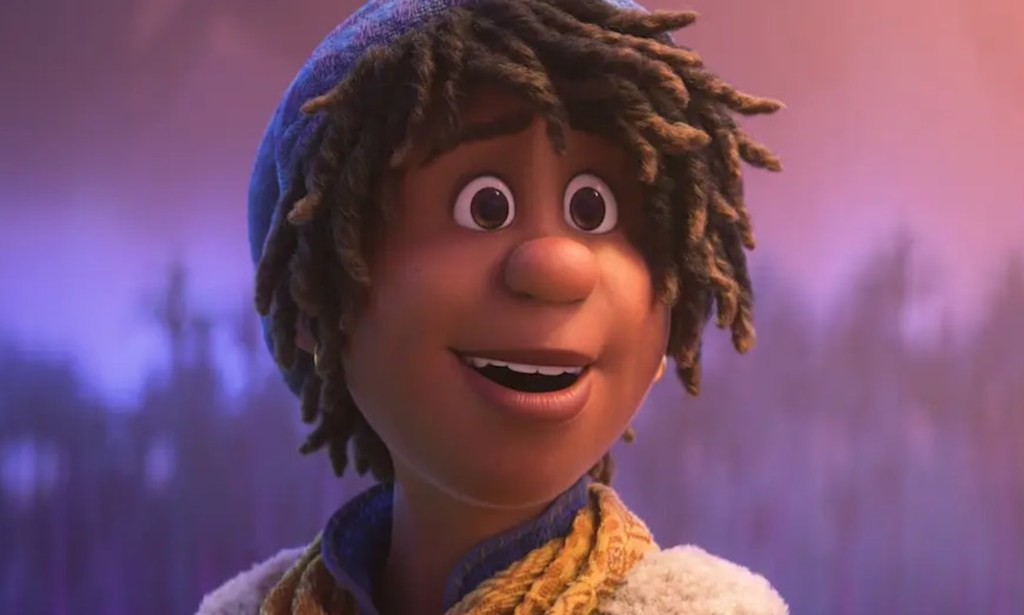After Inside Out 2, it’s time Disney delivered real LGBTQ+ representation

Riley in Inside Out 2 is another example of Disney missing an opportunity for meaningful queer representation. (YouTube/Pixar)
Following the release of Inside Out 2, Disney’s relationship with the queer community is in the spotlight.
The Pixar sequel has sparked yet another conversation about the company’s portrayal, or lack thereof, of LGBTQ+ representation. The question that has been asked time and again: is Disney queerbaiting us?
For those unfamiliar, queerbaiting is a term used when a TV show or movie hints that a character is queer, without ever confirming their identities. It’s a tactic often used to attract LGBTQ+ viewers without alienating a broader audience.
Is Disney queerbaiting with Inside Out 2?
Cut to a few months ago, when the Inside Out 2 trailer dropped. Sapphic fans of the OG film noticed that lead teen character Riley is seemingly pining over a new friend. Naturally, hopes were sky-high. Was this Disney’s moment to showcase a meaningful queer storyline? Nope.

The film’s premiere last week confirmed what fans all knew would happen, even if they wished otherwise. Riley just wanted a platonic relationship with the character. Despite fawning for her attention, it turns out that she’s just desperate for friendship and validation. It feels like a huge missed opportunity.
So do fan accusations of queerbaiting hold true? I left the cinema wracking my brain to think of a fully fleshed-out queer character in a Disney movie. They are very few and far between. But there’s plenty of instances where Disney seems to be dabbling in queerbaiting.
Disney’s history with LGBTQ+ characters
Take Finding Dory for example. A same-sex couple appears extremely briefly, but you could easily argue that it’s just two women standing together.
In the live-action Beauty and the Beast, Josh Gad announced his character, Lefou, would have a “gay moment“. Again, it’s a fleeting second during a dance routine.
Even Ursula, who is inspired by the legendary drag icon Divine, was portrayed by a cisgender woman in the live-action The Little Mermaid remake. Another missed opportunity to pay homage to the character’s roots.

It can be argued that the whole plot of 2021 film Luca is a subtle nod to queer storytelling. The film follows two outsiders who find themselves in a town where they’re hated for who they are – a narrative that feels very similar to many LGBTQ+ people’s experiences. But despite its very relevant themes, the film falls short of even slightly referencing the queer community.
On a brighter note, we do have Strange World. The main character Ethan is gay and has a crush on another boy. Seeing this felt like a massive step forward, even if it was just a brief plot point that could be easily glossed over, and even if it was a box office flop.
Plus, in the Marvel Cinematic Universe (MCU), owned by Disney, queer representation is minimal and often relegated to minor characters or background extras.
Take Avengers: Endgame. Again, there’s a blink-and-you’ll-miss-it moment where a gay character is grieving the loss of his partner. Even that is just the use of a common trope that queer lives are inherently tragic.
So while there are queer characters in Disney films, their presence is often minimal. But why are these characters included so sparingly?

A possible explanation could be that it’s easy to edit out these moments to comply with international laws and regulations; in many parts of the world, featuring queer representation could lead to a movie making far less money, or even being banned.
In the past decade, we have seen undeniable progress. Disney has started to include more diverse characters, however slowly. Yet the company still has a long way to go.
The LGBTQ+ community deserves more authentic and substantial representation. We want to see fully realised queer characters, not just fleeting moments or ambiguous relationships.
Disney, it’s time to give us some queer. Give us some queer!
How did this story make you feel?

